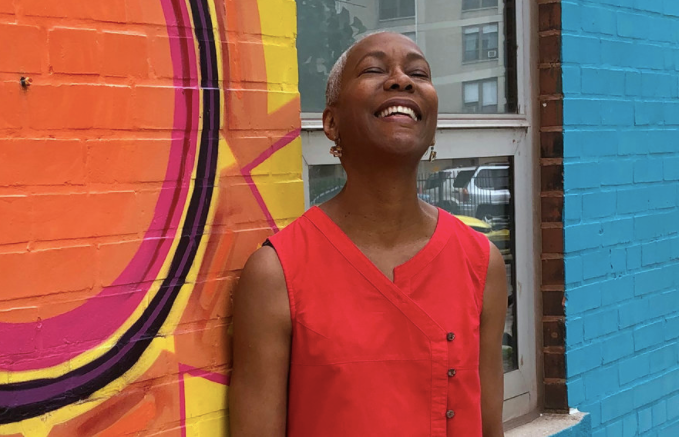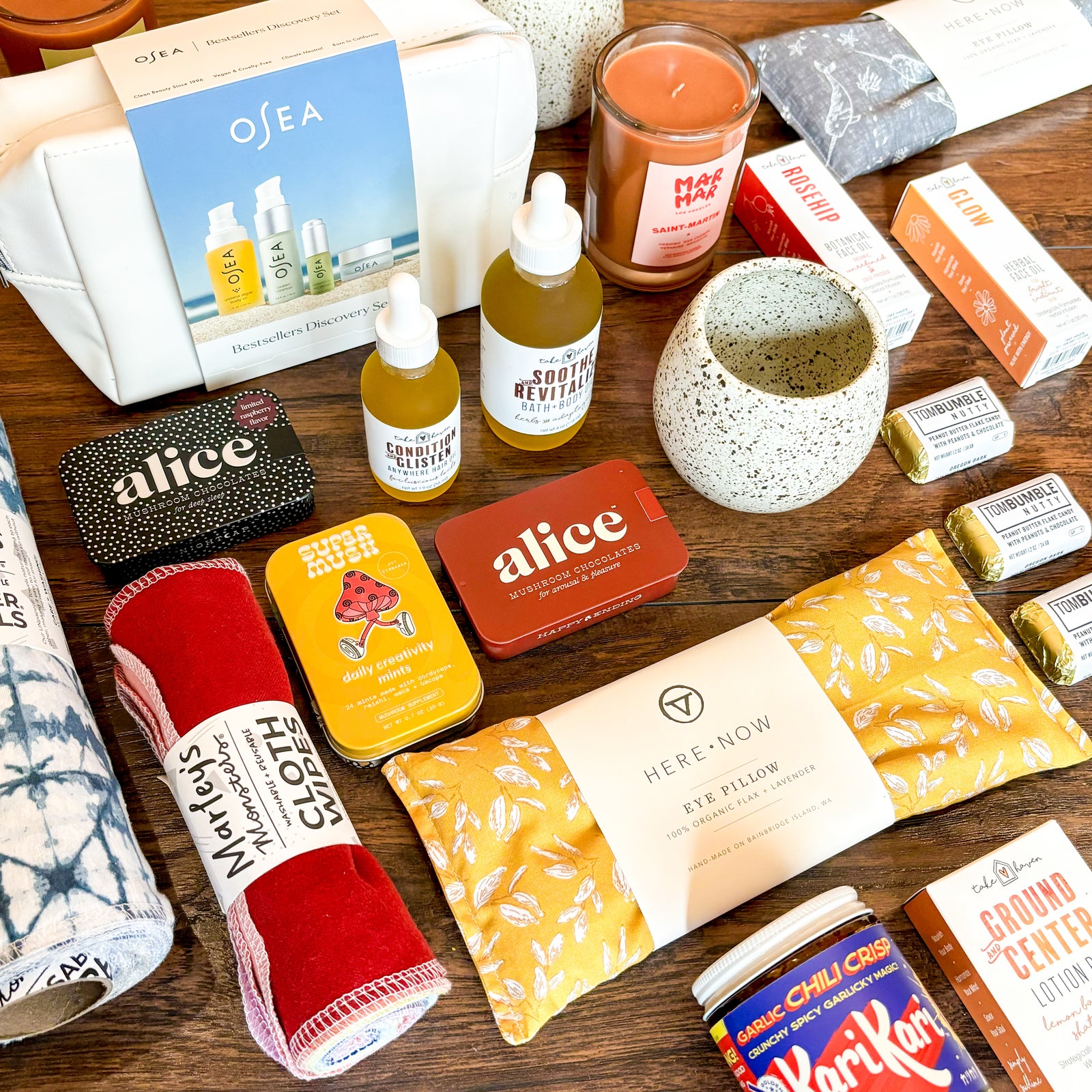The Tyranny of Competition by Omkari Williams

In my previous article for Willowtree I wrote about “Starting”. I spoke about how starting can be really hard and how we can work through the friction of starting so that we can accomplish the things that we want to do. In this piece I want to talk with you about something else that I think a lot about and that is what I think of as the tyranny of competition.
We, here in the U.S., live in a society that values competition across all levels. From the time we are old enough to play tee-ball up to the day we die competition surrounds us. Who has the nicest lawn, the biggest home, the fanciest car, computer, phone, or job is flung at us every single day. Advertisers use this to get us to buy things we don’t need and spend money we don’t have to simply feel like we’re keeping up.
To say that this is exhausting doesn’t begin to cover the territory. But maybe that’s part of the plan. If we’re always focused on what another person is doing then our attention is diverted from the real challenges that we face, both personally and collectively. If we’re worried about keeping up with the Joneses when will we have time to think about whether we truly care about what the Joneses are doing?
If we’re worried about competing with other people then we’re distracted from paying attention to things that really impact our lives: our relationships, our truest dreams, climate change, systemic racism, the structural inequities in our economic systems, and all the other issues that confront us.
When we’re competing with other people we, fundamentally, are doing something that I really believe to be detrimental to us, we’re comparing our insides to other people’s outsides. We all know that the face that we present to the world is not necessarily the whole truth. Well, what’s true for us is true for everyone else as well. Yeah, Kim Kardashian has lots of stuff but she’s also married to a man with serious mental health issues. I’m guessing that living her life doesn’t look a whole lot like what she posts on Instagram.
Most of us don’t want our flaws to show. We want to look like we’ve got it all together and are keeping up. The serious downside is to this is that we are then hiding who we are. We aren’t allowing ourselves to be seen in our full humanity, nor are the people around us. On and on that goes and soon none of us is dealing with ourselves or each other in a way that actually makes sense if our goal is to be happy, productive members of society.
Often, when I talk about this, people’s first reaction is that if there were no competition we would all become lazy and not do our best work or respond from our best self. But that presumes that the only reason we do good things or give our best effort is for other people. That assumes that we don’t care, as a matter of personal pride, about what we do or how we behave in the world.
I don’t expect that you are going to give up all your competitive ways. I honestly don’t think that’s realistic or even necessary. But what if you could look at the places in life where you are reflexively competitive, because that’s what we’re trained to be, and make a different choice? What if you decided that you weren’t going to bother being competitive in this arena or that one? What if you just decided to listen to your own voice about what matters and what doesn’t?
A few brown patches on your lawn? Maybe not adding chemicals to the earth is worth that for you, no matter what the neighbors do. Maybe teaching your kids to play a sport for the joy of it (remember the Jamaican bobsled team) rather than always feeling like they have to win will take pressure off of them and you. Maybe recognizing that you love your current job and, while the perks of the position one above you are great, knowing the tradeoff in time isn’t what you want to do right now.
Finding the internal sweet spot of doing our best without getting caught up in the trap of competition does take a bit of effort and reflection. But the payoff, a life lived to suit who we truly are, not who someone else believes we should be, is totally worth it.
Omkari Williams is a speaker, writer, podcast host, and certified creativity and life coach. Her passion is teaching people to use their stories as a tool in changing social policy. Omkari says, “Our stories are bridges between us and others and can be immensely powerful in creating societal change. Yet the stories of so many have been neglected. When we learn how to leverage the power of our collective stories we can create meaningful change and help bring justice to the world.”
On her podcast, Stepping Into Truth: Conversations on Race, Gender, and Social Justice, she interviews people doing activist work in areas from Abortion Rights to Zero Plastic Waste.
Her writing has been featured online by Elephant Journal, My Empowered World, Women For One, and Tattooed Buddha and in print by Savannah Magazine and Paprika Southern.
Connect with her at her website, on Instagram, and on Twitter.




